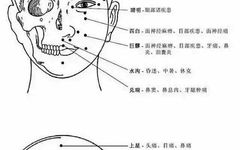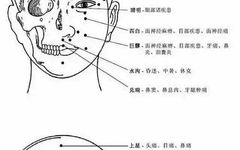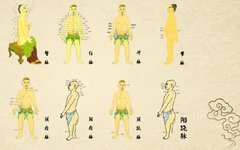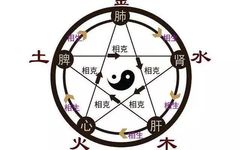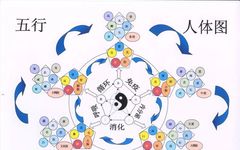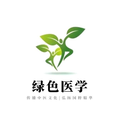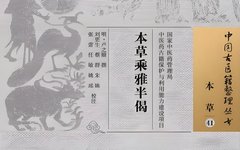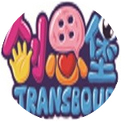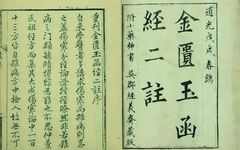Comprehensive Human Acupuncture Point Chart and Their Functions (A Must-Collect)
The comprehensive diagram of human acupuncture points clearly and intuitively marks various acupuncture points on the body, including head acupuncture points, chest acupuncture points, back acupuncture points, arm and hand acupuncture points, leg acupuncture points, and foot acupuncture points, detailing the functions of each point. Diagram and Functions of Head Acupuncture Points Head Wei (Tou … Read more

